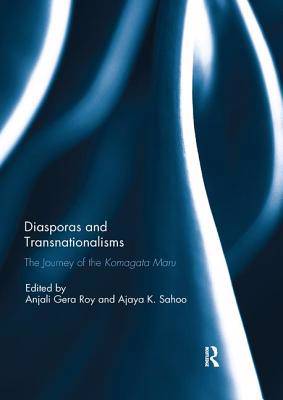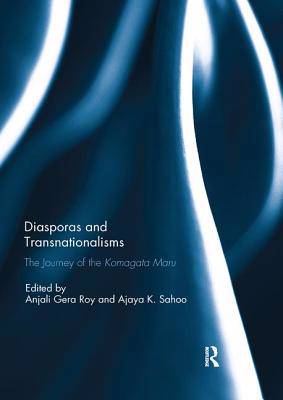
- Retrait gratuit dans votre magasin Club
- 7.000.000 titres dans notre catalogue
- Payer en toute sécurité
- Toujours un magasin près de chez vous
- Retrait gratuit dans votre magasin Club
- 7.000.0000 titres dans notre catalogue
- Payer en toute sécurité
- Toujours un magasin près de chez vous
Diasporas and Transnationalisms
The Journey of the Komagata Maru
Description
The Komagata Maru incident has become central to ongoing debates on Canadian racism, immigration, multiculturalism, citizenship and Indian nationalist resistance. The chapters presented in this book, written by established and emerging historians and scholars in literary, cultural, religious, immigration and diaspora studies, revisit the ship's ill-fated journey to throw new light on its impact on South Asian migration and surveillance, ethnic and race relations, anticolonial and postcolonial resistance, and citizenship. The book draws on archival resources to offer the first multidisciplinary study of the historic event that views it through imperial, regional, national and transnational lenses and positions the journey both temporally and spatially within micro and macro histories of several regions in the British Empire. This volume contributes to the emerging literature on migration, mobilities, borders and surveillance, regionalism and transnationalism. Apart from its interest to scholars of diaspora and nationalism, this book will deeply resonate with those interested in imperialism, migration, transnationalism, Punjab and Sikh studies.
This book was originally published as a special issue of the journal South Asian Diaspora.
Spécifications
Parties prenantes
- Editeur:
Contenu
- Nombre de pages :
- 160
- Langue:
- Anglais
Caractéristiques
- EAN:
- 9780367142629
- Date de parution :
- 03-01-19
- Format:
- Livre broché
- Format numérique:
- Trade paperback (VS)
- Dimensions :
- 174 mm x 246 mm
- Poids :
- 294 g

Les avis
Nous publions uniquement les avis qui respectent les conditions requises. Consultez nos conditions pour les avis.





